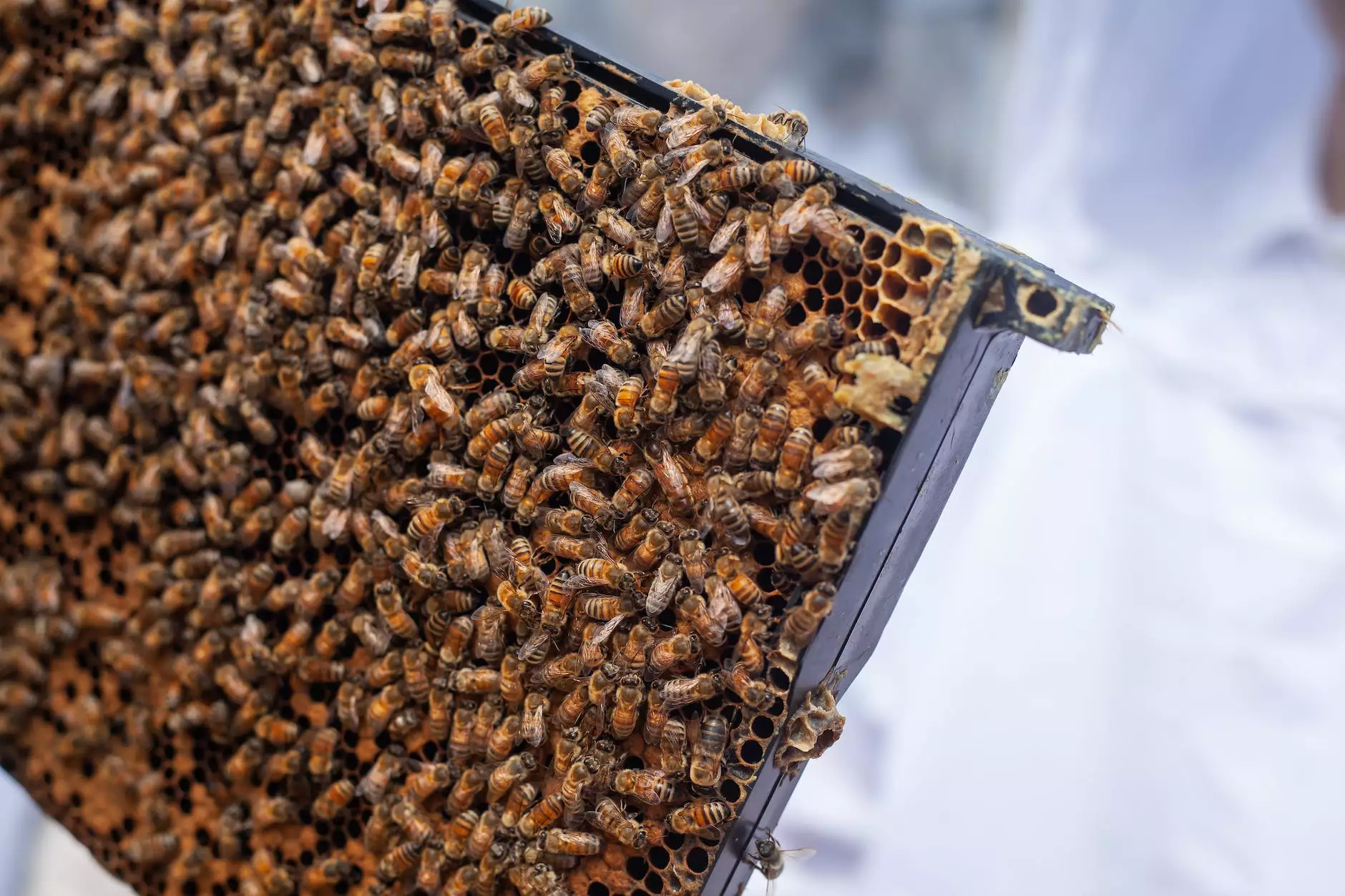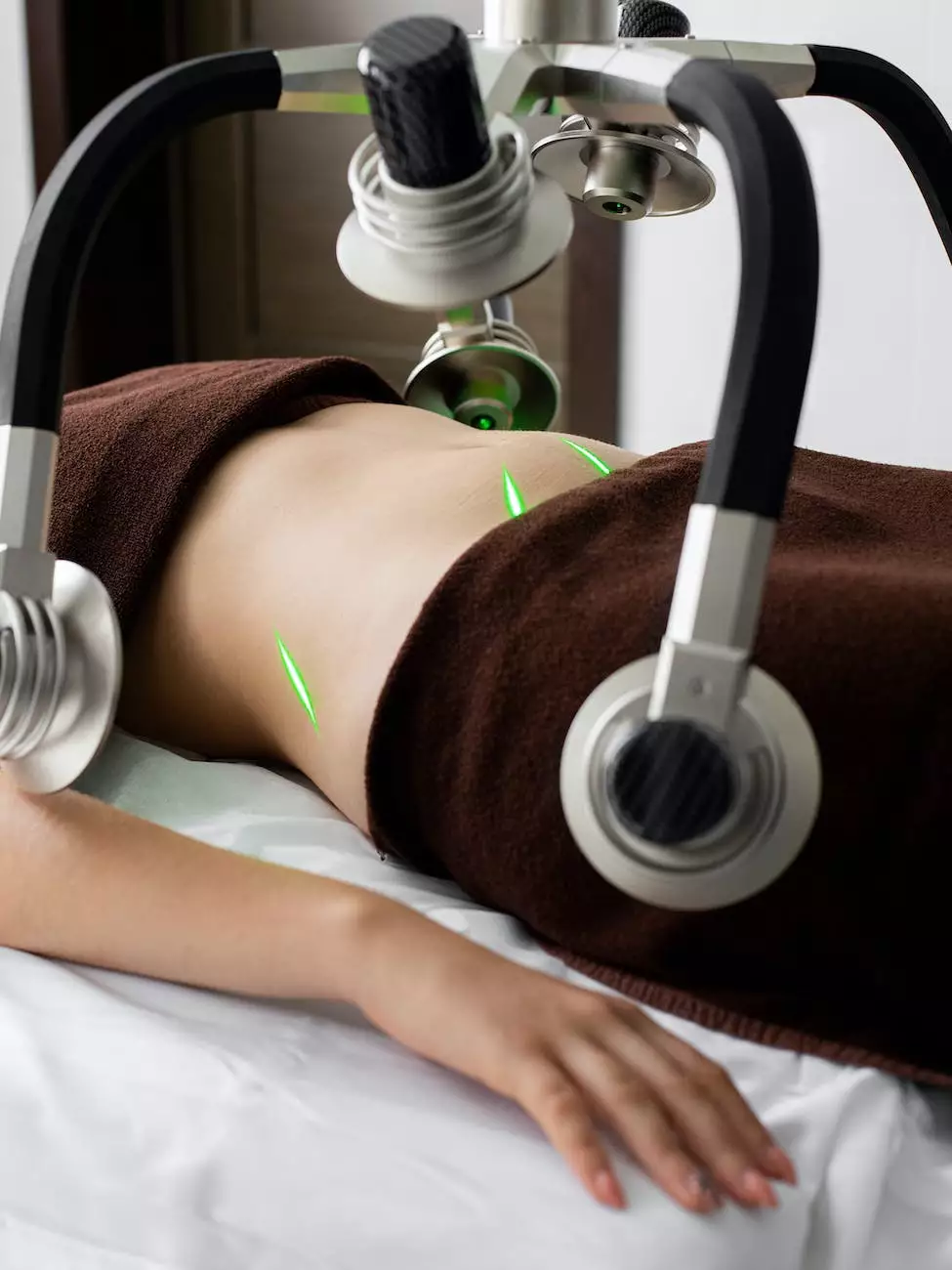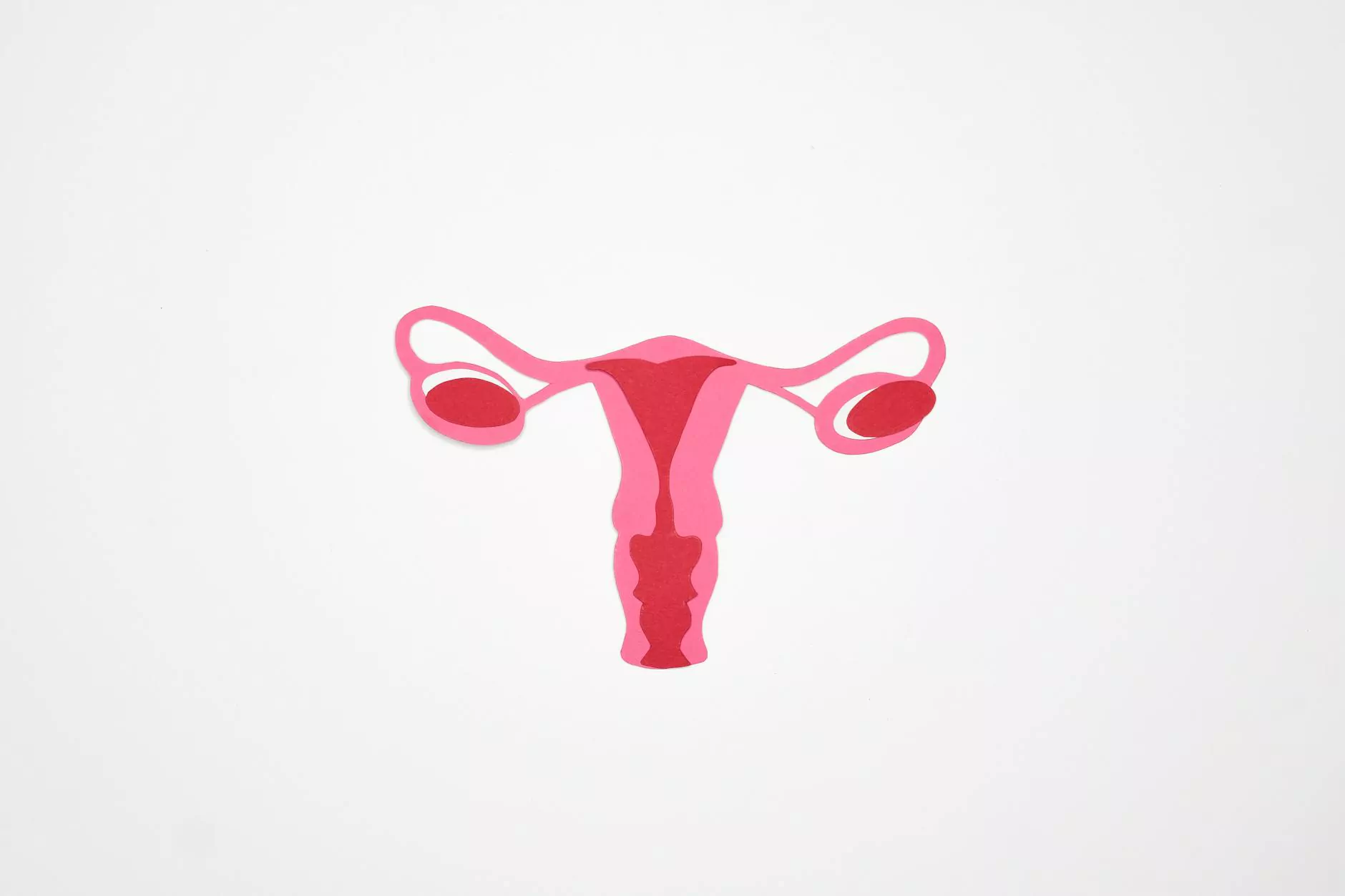Learn the Signs of Food Allergies

About Food Allergies
In today's world, food allergies have become increasingly prevalent and understanding the signs and symptoms is crucial for your health. At Bay Regional Medical Center, we bring you comprehensive information about food allergies and how they can impact your wellbeing.
Detecting Food Allergies
Recognizing the signs of food allergies can be challenging since each individual may react differently to certain foods. However, there are common signs to look out for:
1. Skin Reactions
One of the most apparent signs of a food allergy is the occurrence of skin reactions. These can manifest in the form of hives, itching, redness, or even eczema. If you experience any of these symptoms after consuming specific foods, it may indicate a food allergy.
2. Digestive Issues
Food allergies can also lead to various digestive problems. Frequent occurrences of diarrhea, abdominal pain, nausea, or vomiting after eating certain foods might be indicative of an allergy.
3. Respiratory Symptoms
In some cases, food allergies can trigger respiratory symptoms, such as coughing, sneezing, wheezing, or shortness of breath. If you notice these symptoms after consuming particular foods, it is essential to consult a medical professional to determine if you have a food allergy.
4. Anaphylaxis
Anaphylaxis is a severe, life-threatening allergic reaction that requires immediate medical attention. This potentially fatal condition can cause difficulty breathing, swelling of the throat or tongue, a sudden drop in blood pressure, and loss of consciousness. If you experience these symptoms after eating a specific food, call emergency services right away.
Common Food Allergens
While any food can potentially cause an allergic reaction, some foods are more commonly associated with allergies. Common food allergens include:
- Peanuts
- Tree nuts (such as almonds, walnuts, cashews)
- Milk
- Eggs
- Shellfish
- Fish
- Soy
- Wheat
Diagnosis and Management
If you suspect you have a food allergy, it is crucial to consult a healthcare professional for an accurate diagnosis. Diagnostic methods may include skin-prick tests, blood tests, or oral food challenges. Once diagnosed, proper management of food allergies is essential.
Tips for Managing Food Allergies
Here are some helpful tips for managing food allergies:
- Avoiding allergenic foods: Once you've identified the culprit food, strict avoidance is key. Read ingredient labels carefully and be cautious when dining out or sharing meals with others.
- Carrying an epinephrine auto-injector: Individuals with severe food allergies should always carry an epinephrine auto-injector in case of an emergency.
- Informing others: Make sure to inform friends, family, coworkers, and other relevant individuals about your food allergies to prevent accidental exposure.
- Creating an emergency plan: Develop a personalized emergency plan with your healthcare provider to know what actions to take in case of an allergic reaction.
- Regular check-ups: Regular visits to your allergist or immunologist are crucial for monitoring your allergies and ensuring your treatment plan remains effective.
Conclusion
At Bay Regional Medical Center, we are dedicated to providing you with the knowledge and understanding necessary to identify and manage food allergies effectively. Remember, early recognition of the signs of food allergies is vital for your overall health and well-being. If you suspect you have a food allergy, seek guidance from a medical professional to receive proper diagnosis and personalized management strategies.










